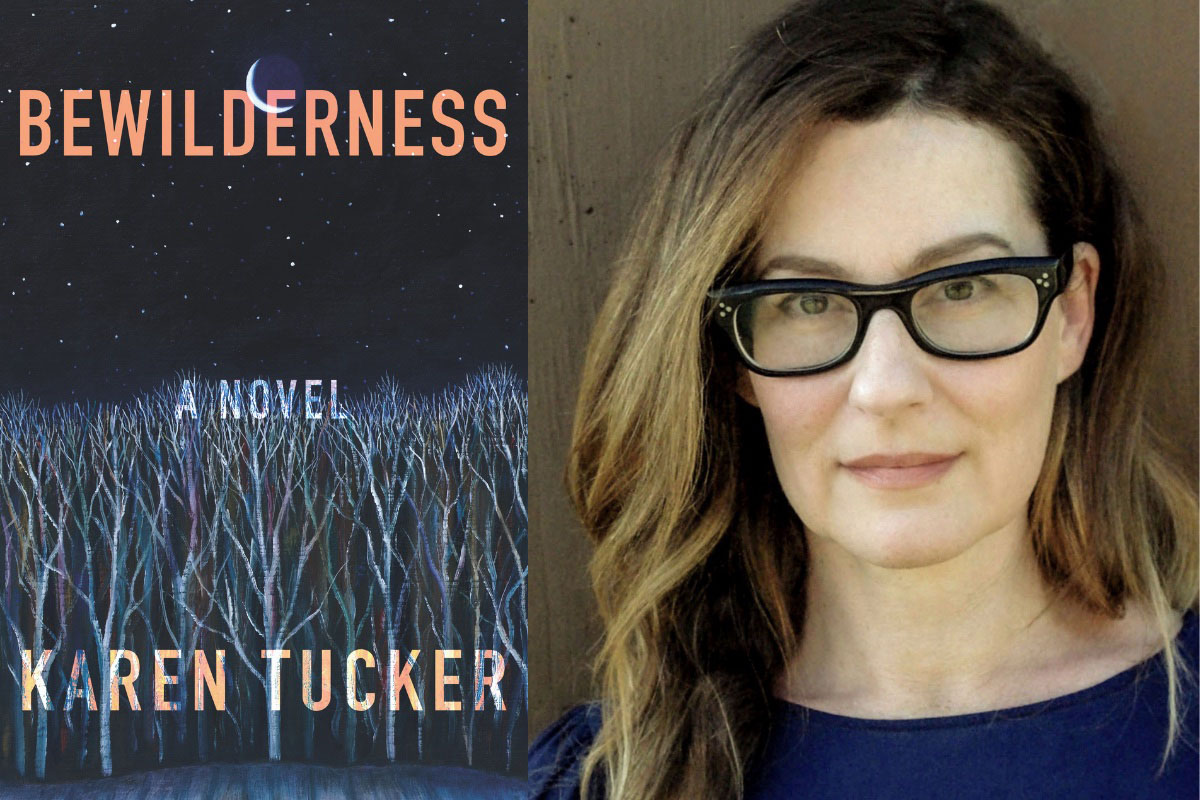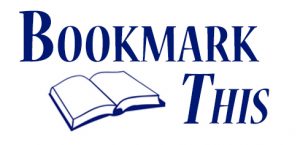
 Bookmark This is a feature that highlights new books by College of Arts & Sciences faculty and alumni, published the first week of each month.
Bookmark This is a feature that highlights new books by College of Arts & Sciences faculty and alumni, published the first week of each month.
This month’s featured book: Bewilderness (Catapult, June 2021), a debut novel by Karen Tucker set in rural North Carolina.
Q: Can you give us a brief synopsis of your book?
A: In Bewilderness, two food servers in rural North Carolina find themselves caught in the cycle of sobriety and substance abuse after one of their friends fatally ODs.
Q: How does this fit in with your research interests and passions?
A: If passions=obsessions, then here goes: Despite numerous attempts to write something different, my work almost always features a character who can’t get the love she wants from a particular person, and who makes selfish, wrong-headed choices in her ill-fated pursuit. (Let’s not look into that too closely).
Q: What was the original idea that made you think: “There’s a book here?”
A: It kind of happened in the opposite order, in that step one was my decision to fling myself into writing a book, and step two was “There’s an idea here?”
The idea in question came from Graham Greene’s novel The Quiet American and from the poem “First Fight. Then Fiddle” by Gwendolyn Brooks –– the latter also inspiring the title. Both works are explicitly political, which was among my goals for this novel, and when you add in the love triangle, the opium, the nonlinear timeline and the fight for survival, I had enough to launch me a good hundred pages, with my fear of a return to waiting tables carrying me through to the end.
Q: What surprised you when researching/writing this book?
A: Many things! How the ugly tentacles of late capitalism caused, worsened and continue to prolong the opioid crisis. How evidence-based medical care remains in short supply when it comes to treating substance use disorder, particularly in Black and brown communities. When my research led me to the unscrupulous rehab facilities that exploit patients in active addiction, the surprise of that knowledge caused me to rethink where my story headed. I was also surprised by my own regrettable biases and the depth of my ignorance with regard to harm reduction principles.
Q: Where’s your go-to writing spot, and how do you deal with writer’s block?
A: In an ideal world, my go-to spot is a coffee shop that serves mediocre, overpriced coffee so it never gets too crowded and I can camp out for a few hours. Writing from home, as I’ve done for the past year, gives me a cooped-up, crawly feeling –– which is probably why my characters have been traveling a lot.
Writer’s block? Not cute. For me, it generally stems from one of two things: I don’t know enough about what I’m writing about, or I’m overly caught up in how well/poorly I’m doing. The antidote for the first is research, research. The right medicine for the second is where having an explicit purpose to the work comes in. If I can remind myself that why I’m doing is more important than how I’m doing, I can often get things unblocked and moving again.
Tucker is teaching assistant professor in creative writing in the department of English and comparative literature. A North Carolina native, her short fiction appears in The Missouri Review, The Yale Review Online, Tin House Online, EPOCH, Boulevard, American Literary Review and elsewhere.
Publishers Weekly wrote in a starred review: “Tucker astonishes in her devastating debut, a harrowing account of addiction, friendship and loss … This is a stunning accomplishment.”
Nominate a book we should feature by emailing college-news@unc.edu. Find previous “Bookmark This features by searching those terms on our website, and add some books to your reading list by checking out our College magazine books page.
